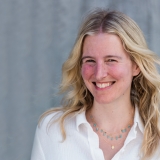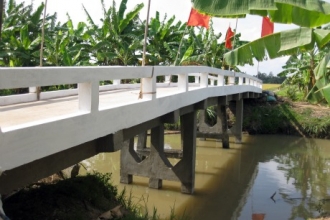Household Forest Values under Varying Management Regimes in Ethiopia
A half day workshop was organized by EfD in Washington DC on April 21, 2011. Recent developments in forest management institutions in Ethiopia, Kenya and Tanzania were presented. EfD-Ethiopia…

